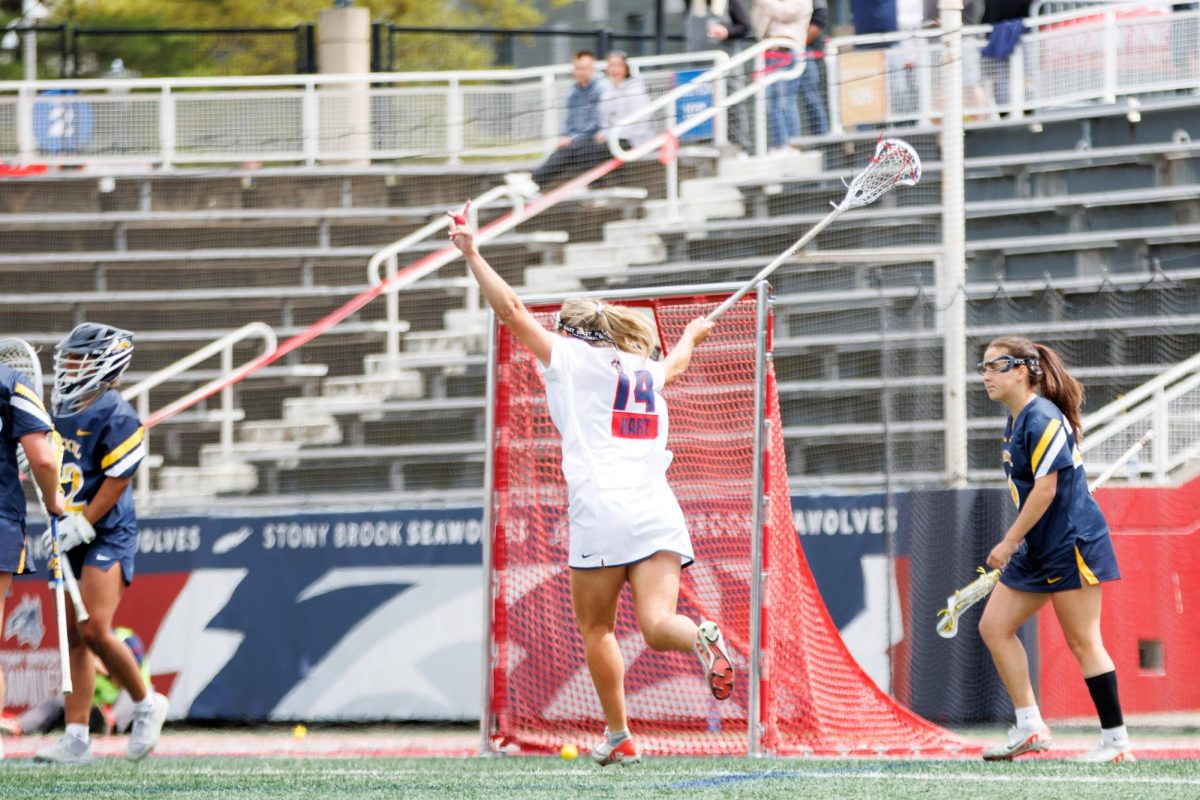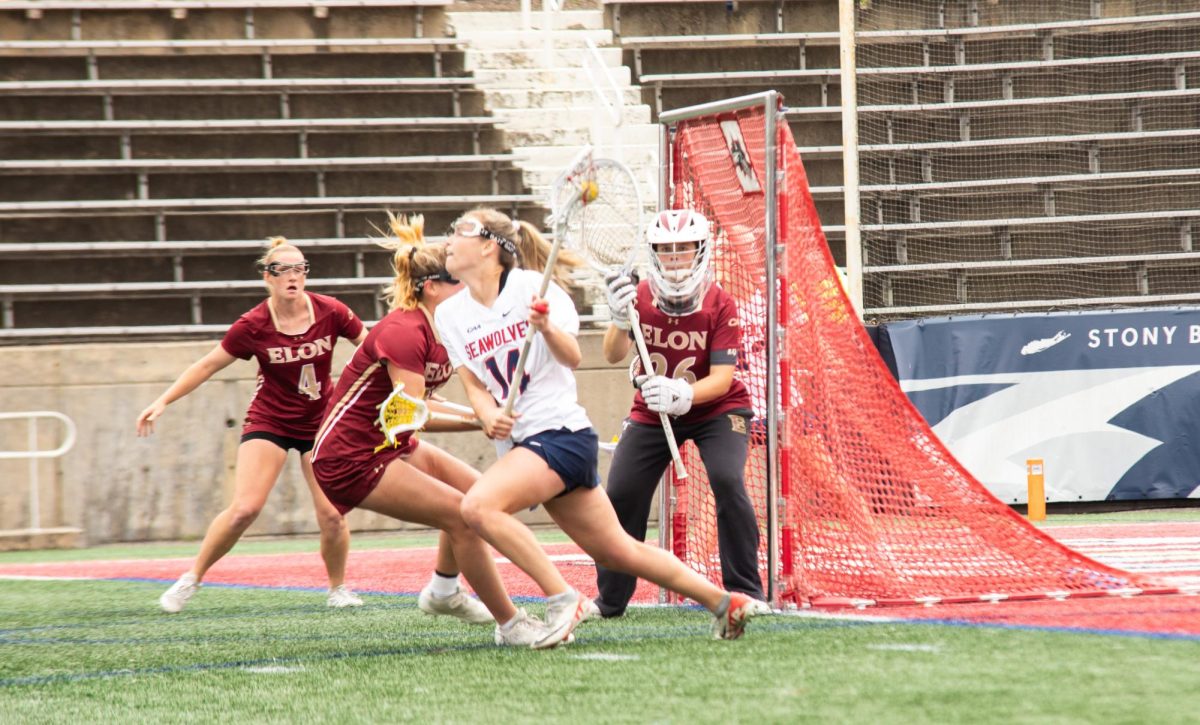

SBU study finds that taking sex into account could change 20% of MCI diagnoses
Deidre Redhead
• December 7, 2019
Read Story

Under the microscope: Memory’s effect on crime investigations
Ruchi Shah
• September 20, 2013
Read Story
Load More Stories
Newsletter






